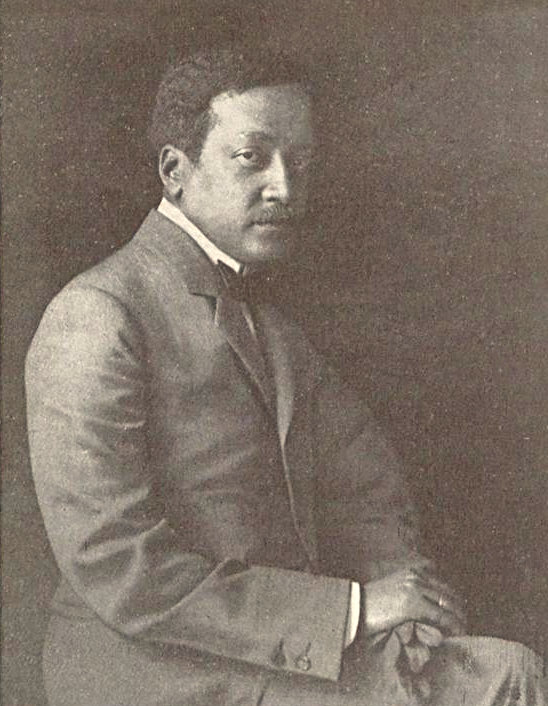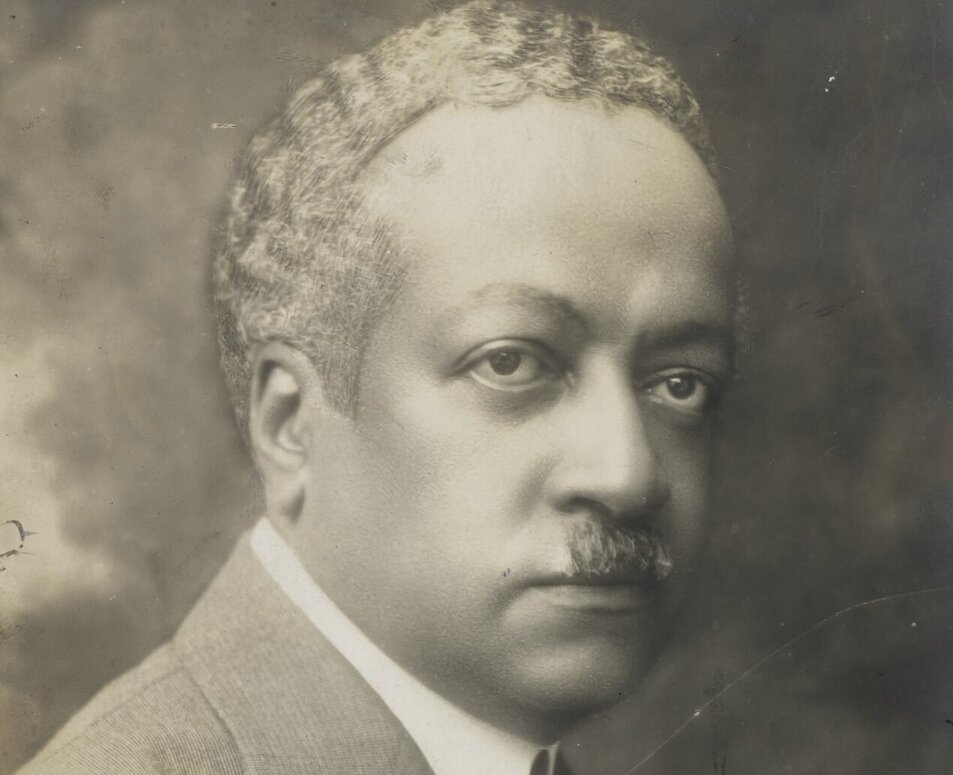Juliano Moreira’s life began during the period of slavery in Salvador, Brazil.
He was born in 1872 to an enslaved Black woman working under the subjugation of a Brazilian aristocrat. The country was the last in the West to abolish slavery in 1888.
Little is known about his early years, but it is clear that his intellectual abilities propelled him to the Federal University of Bahia Medical School at the age of 13. By the age of 18, he had defied all expectations, emerging as one of Brazil’s pioneering Black physicians. The Brazilian Academy of Sciences has acknowledged him for his accomplishments and for launching a groundbreaking chapter in the history of medicine.

Despite these significant contributions, Moreira’s story, like those of many Black scholars in Brazil and the diaspora, is often hidden or completely left out of history, revealing the racial inequalities ingrained in the nation’s educational system.
Five years after his graduation, Moreira began teaching psychiatry at his alma mater. His compassionate approach and commitment to human dignity set him apart in the emerging field. Moreira’s methods not only dispelled the myths linking race and mental illness but also championed a paradigm shift toward a more humane approach to patient care.

In 1903, at the age of 31, Moreira was appointed Director of the National Mental Hospital in Rio de Janeiro, a pivotal moment that would redefine psychiatric treatment in Brazil. Ditching antiquated practices, he abolished the use of straitjackets, dismantled the physical barriers segregating patients and ushered in an era of compassionate care that forever changed the mental health treatment landscape.
Moreira’s vision reverberated through Brazilian society. His advocacy commitment to social justice paved the way for landmark legislation guaranteeing medical and legal assistance for psychiatric patients. A founding member of both the Brazilian Society of Psychiatry, Neurology and Forensic Medicine and the Brazilian Academy of Sciences, Moreira’s impact spread far beyond Brazil, earning him international acclaim.
Moreira’s incredible legacy intersected with that of another towering figure—Albert Einstein. As vice-president of the Brazilian Academy of Sciences, Moreira hosted the renowned physicist during his inaugural visit to Brazil, expanding national and disciplinary boundaries.

Over his life, Moreira remained a humble champion of humanity, dedicating his life to the pursuit of knowledge and the advancement of social justice. In 2021, Google honored the pioneering Black scientist on their search page.

His untimely death in 1933, following a battle with tuberculosis, marked the end of an era.
In the years that followed, Moreira’s legacy was immortalized through the creation of the Juliano Moreira Hospital.








